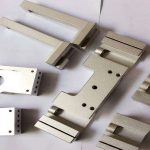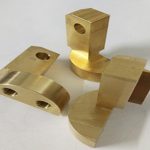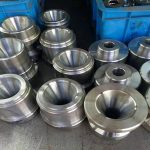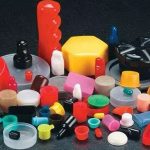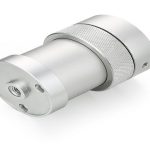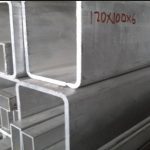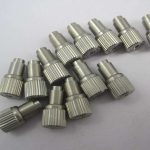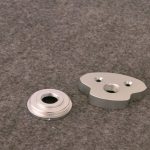On May 13, 2020, Antarctic Bear learned from foreign media that researchers from Taiwan’s National Central University have developed a self-healing emulsion glass that is resistant to ultraviolet rays and heat. Its characteristics make this liquid solid (LLS) material a perfect support medium, which can directly “3D write” ultraviolet and thermal curing inks (also known as resins) into it, independent of the surrounding LLS solids.
Liquid solids and “3D writing”
According to the researchers, the LLS material can be used as a strong support medium for liquid inks. They are used to fix the ink when the ink is solidified and help maintain the desired geometry. If there is no supporting medium, gravity and the surface tension of the ink will cause the liquid to become unstable.
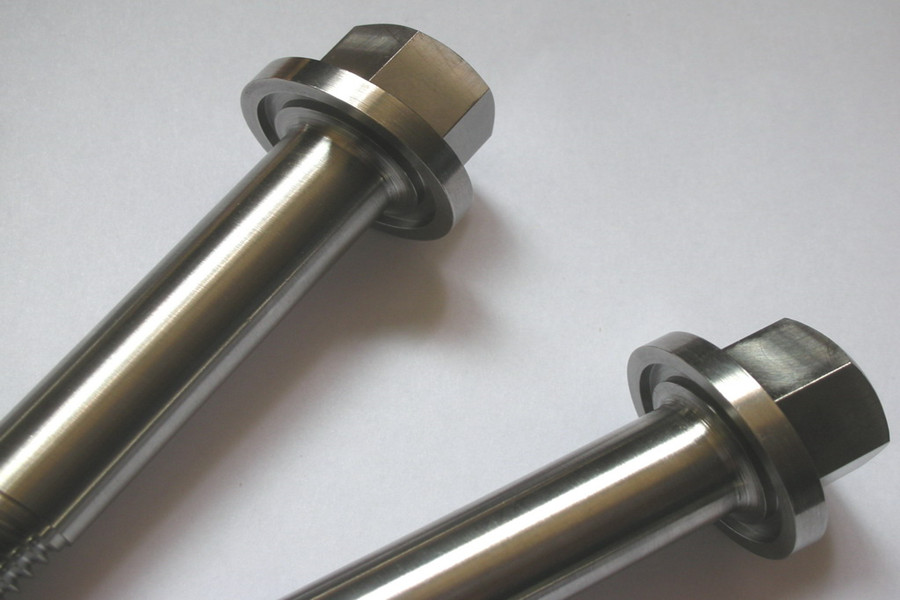
For example, PDMS is an elastomer with biocompatibility, non-toxicity and optical cleanliness, which makes it very useful in lubricants and defoamers. Despite its UV and thermal curing properties, its application is mainly limited to fluid form due to its extremely low prepolymer viscosity and long curing time. Therefore, on its own, it cannot maintain the required 3D shape for a long time, so it is difficult to perform 3D printing. Recently, this problem has been solved. This problem can be solved by writing liquid PDMS into the LLS insulation medium, suspending and solidifying.
Self-healing latex glass
In order to develop the next generation of support media, the research team first mixed a specially formulated silicone oil with sorbitol and water to form an aqueous solution. They extracted a kind of “stable milky glass” and used it as the experimental support medium.
The team chose to use PDMS elastomer as ink, write it into emulsified glass in 3D and solidify it. The 3D writing device is a syringe pump with a nozzle diameter of 1.83 mm.
The 3D structure was modeled and written into emulsified glass samples, which were cured with heat and ultraviolet light to prove the suitability of the glass as a supporting medium. During the UV curing process, a 365 nm UV lamp was used to irradiate for 60 seconds, and during the thermal curing process, the emulsified glass sample was heated in an oven at 100°C for 1 hour. Even after six UV and heat exposures, the emulsified glass still maintains its structural integrity, making it resistant to UV rays and heat.
3D printed PDMS spiral structure, image source: National Central University
The researchers also believe that the dense oil droplet structure in the water matrix gives the glass extremely strong elasticity. This translates into a kind of “self-healing” ability, any holes or cuts made in the glass will automatically close.
In the process of using glass to assist 3D printing by Taiwanese scientists, some researchers have gone a step further and developed 3D printable glass. At the end of last year, a group of scientists from the Swiss Federal Institute of Technology in Zurich (ETH Zürich) 3D printed a glass structure using modified resin and DLP 3D printing technology. The printed glass parts have high spatial resolution and a variety of oxide chemical compositions.
Link to this article: Can be used as a 3D printing support medium to self-repair milky glass
Reprint Statement: If there are no special instructions, all articles on this site are original. Please indicate the source for reprinting:https://www.cncmachiningptj.com
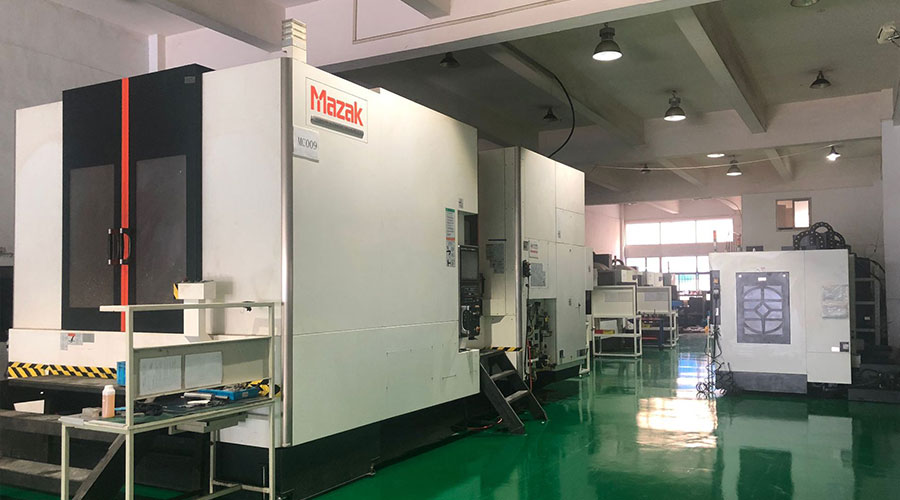 PTJ® provides a full range of Custom Precision cnc machining china services.ISO 9001:2015 &AS-9100 certified.
PTJ® provides a full range of Custom Precision cnc machining china services.ISO 9001:2015 &AS-9100 certified.
Machining shop specializing in fabrication services for construction and transportation industries. Capabilities include plasma and oxy-fuel cutting, Tailored machining, MIG and Custom Aluminum Cnc Precision Milling Welding Jig Fixture, roll forming, assembly, Lathe machining stainless steel cnc machine shaft, shearing, and CNC Swiss Machining services. Materials handled include carbon and Passivation Stainless Steel Machining Cover Plate Parts.
Tell us a little about your project’s budget and expected delivery time. We will strategize with you to provide the most cost-effective services to help you reach your target,You are welcome to contact us directly ( [email protected] ) .
Link to this article:Can be used as a 3D printing support medium to self-repair milky glass
Reprint Statement: If there are no special instructions, all articles on this site are original. Please indicate the source for reprinting:Tungusten,Thanks!^^

